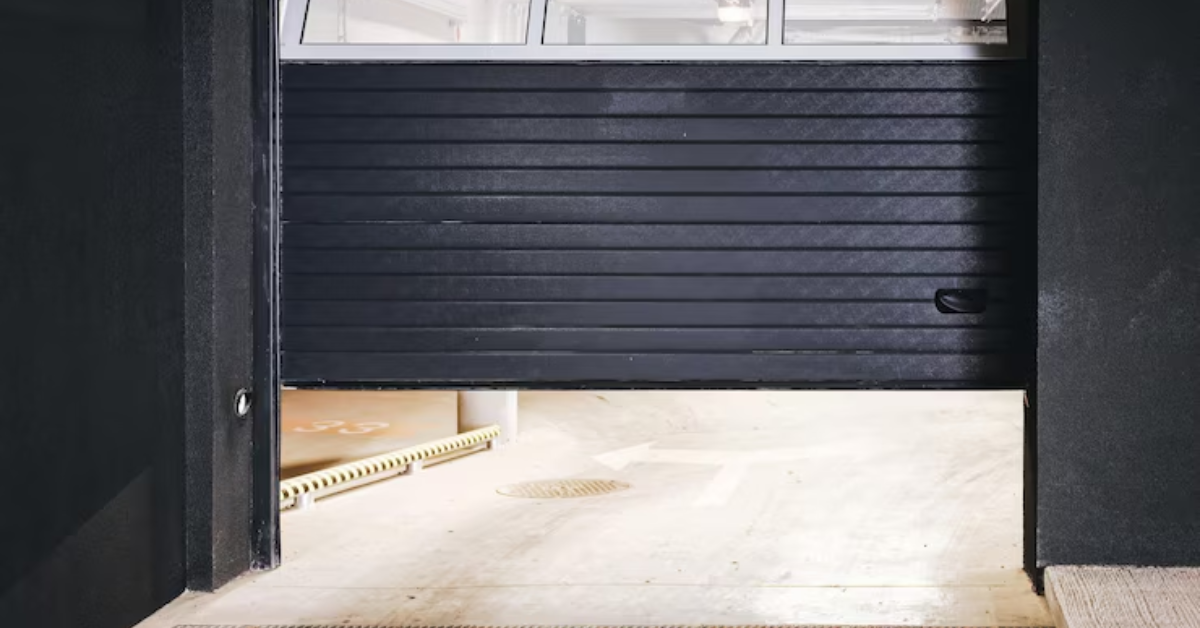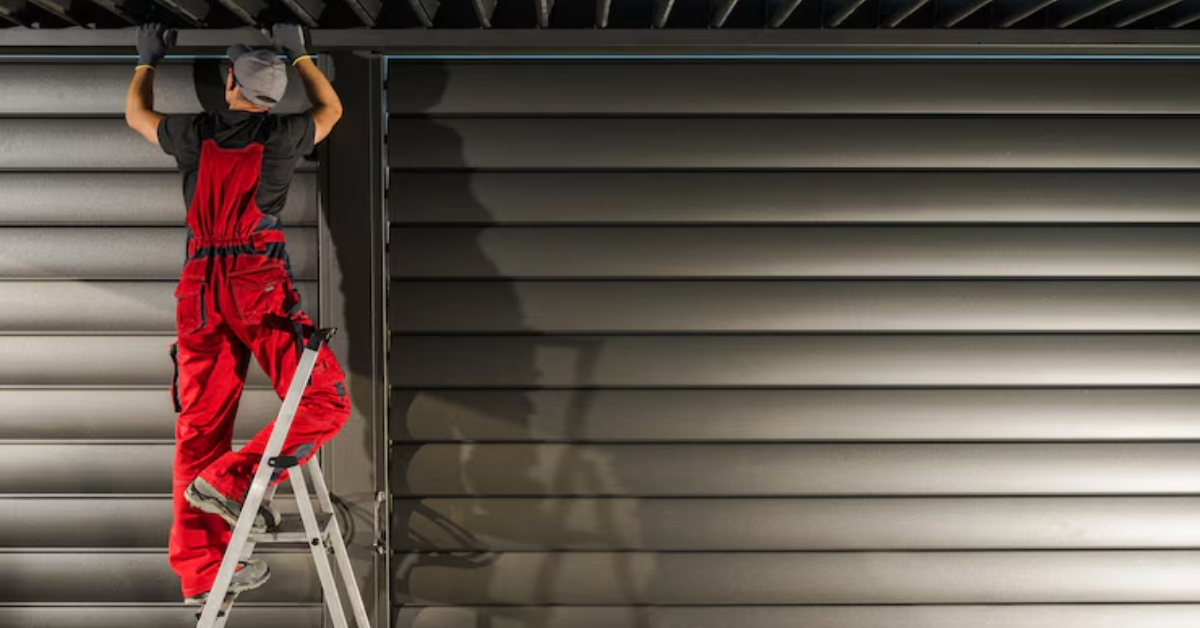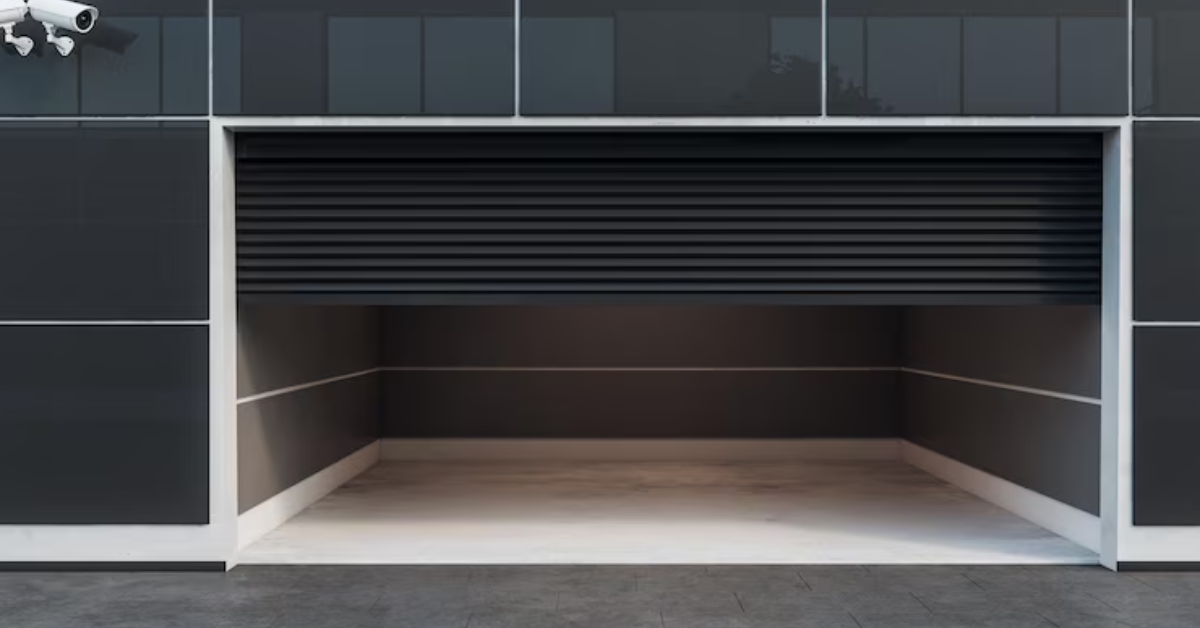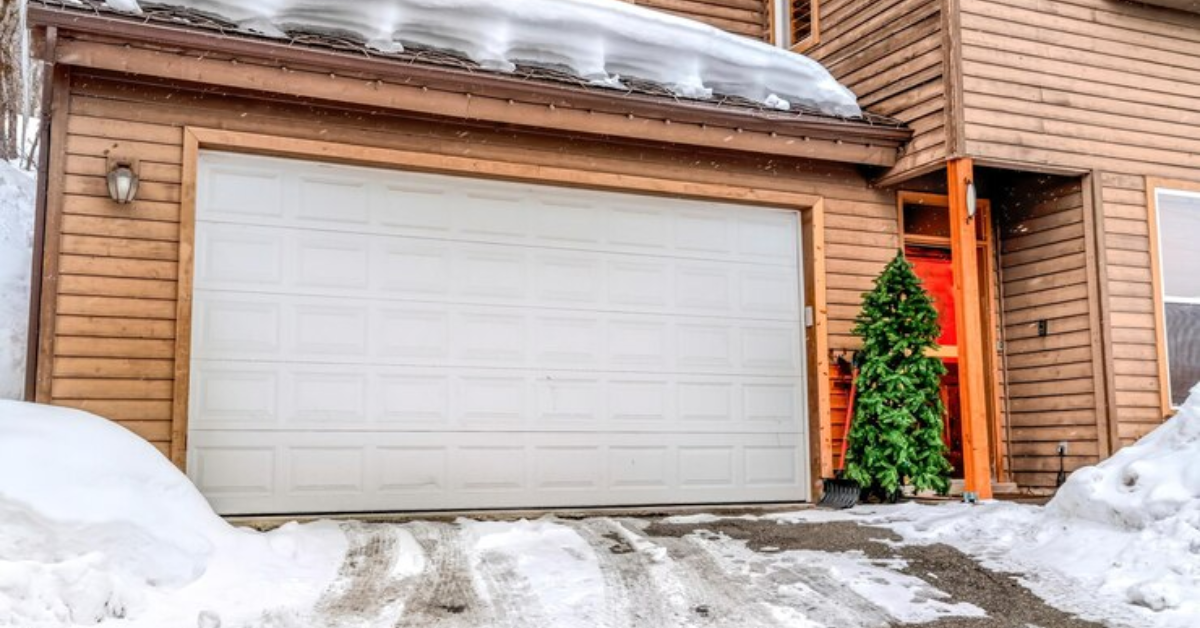The Most Common Questions About Garage Door Panel Repair
Q1. How do I know if my garage door panel needs to be repaired or replaced?
A. Signs that your garage door panel needs repair or replacement include visible damage like dents, cracks, or warping, difficulty in opening or closing the door, unusual noises during operation, and gaps or misalignment that compromise security. A professional assessment can determine the extent of the damage and whether a repair or replacement is necessary.
Q2. What is the average cost of repairing a garage door panel?
A. The cost of repairing a garage door panel varies based on the material and extent of the damage. On average, steel panel repairs can cost between $150 and $300, aluminum panel repairs range from $200 to $400, wood panel repairs from $250 to $1000, and fiberglass panel repairs from $200 to $500 per panel.
Q3. Can I repair my garage door panel myself?
A. DIY repairs are possible for minor damages, such as small dents or scratches. However, significant damage or structural issues should be handled by professionals to ensure safety and proper repair. DIY repairs require the right tools and a certain level of skill.
Q4. How long does it take to repair a garage door panel?
A. The time required to repair a garage door panel depends on the extent of the damage and the availability of replacement parts. Minor repairs can be completed in a few hours, while more extensive repairs or replacements might take a day or more.
Q5. Will my homeowner's insurance cover the cost of garage door panel repair?
A. Homeowner’s insurance policies may cover garage door repairs caused by accidents, natural disasters, or vandalism. It is essential to review your policy to understand the coverage details, inclusions, and exclusions, as well as any applicable deductibles.
Q6. What types of materials are used for garage door panels, and how do they affect repair costs?
A. Garage door panels are typically made from steel, aluminum, wood, or fiberglass. Steel is durable and cost-effective, aluminum is lightweight and rust-resistant, wood offers aesthetic appeal but requires more maintenance, and fiberglass is durable and resistant to dents. Repair costs vary based on the material, with wood generally being the most expensive to repair.
Q7. Can I replace just one panel of my garage door, or do I need to replace the entire door?
A. In many cases, it is possible to replace just one damaged panel rather than the entire door. However, the feasibility depends on the extent of the damage and the availability of matching panels. A professional can help determine the best course of action.
Q8. How often should I perform maintenance on my garage door to prevent panel damage?
A. Regular maintenance is crucial for preventing panel damage and ensuring the longevity of your garage door. It is recommended to inspect and lubricate moving parts every six months, clean the door periodically, and schedule professional maintenance checks annually.
Q9. What are the risks of ignoring a damaged garage door panel?
A. Ignoring a damaged garage door panel can lead to more severe issues, such as compromised security, further structural damage, and potential malfunctions that could result in higher repair costs. Timely repairs help maintain the door's functionality and extend its lifespan.
Q10. How can I find a reliable professional to repair my garage door panel?
A. To find a reliable professional for garage door panel repair, seek recommendations from friends and family, read online reviews, and check for certifications and experience in the field. Obtaining multiple quotes can also help you find a qualified professional at a reasonable cost.




